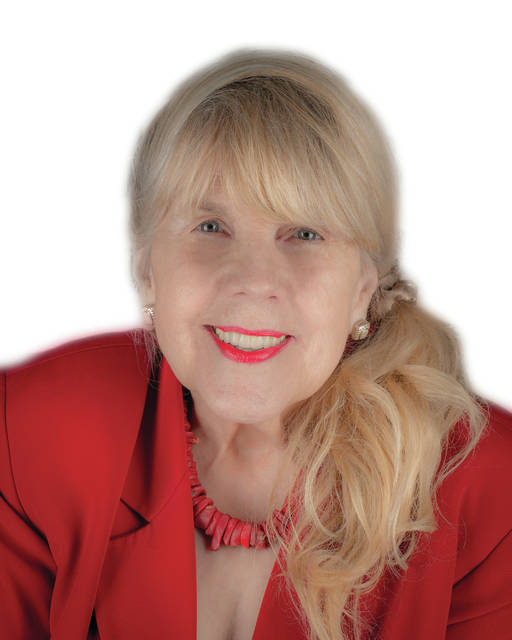
From her second-floor San Francisco apartment where she and her husband Cliff were spending a typical Friday evening relaxing, eating pizza, and watching a movie, Susan Turley heard a buzz on the iron gate of their apartment building.
She went to the balcony, looked over and saw two military officers. She shouted, “No, I’m not letting you in. Go away.”
Before their son, Keith Jesse Moore, 28, had deployed to Iraq after infantry training at Fort Benning, Georgia, and Fort Drum, New York, he had told his parents, “I joined the Army to make the world safe for the most vulnerable, especially women and children. If two military officers come to your door, then that means I’m either seriously injured or dead.”
From the onset of his deployment to Iraq, Turley says, “I had this horrible feeling that my son was going to die. I was hollow yet filled with dread and confusion. I felt I was walking with my son in his journey to hell.”
The military envoys were finally admitted to the apartment. As they sat at the kitchen table, they announced that Keith Jesse Moore was dead of a self-inflicted gunshot wound south of Baghdad.
Turley reports that she fell to the kitchen floor screaming and was helped to the sofa where she lay comatose, “totally out of my mind.”
Moore died on Oct. 14, 2006. Turley, with an advanced degree and certifications in counseling, said that her son had been showing the signs of high-stress behavior: not eating, not sleeping, and worrying about a troublesome relationship with his girlfriend.
Turley’s degrees and counseling experience, including with Veterans, enables her to detail the trajectory of her psychological responses, but does not make it any less difficult for her:
• After attending a conference on “Surviving a Traumatic Loss,” she located a bereavement counselor who was “very effective.”
• Her son’s funeral service was at an interfaith church in Pacifica, California, where Moore’s platoon sergeant, friends, and parents spoke, bagpipes played, a firetruck and kids waved flags along the route to the church, the Patriot Guard Riders came, and a Native American performed a ritual. At a later event the mayor of San Francisco presented a plaque to honor Moore and another fallen hero from San Francisco. Turley reports, “The military went above and beyond to honor my son with the burial honors and rites.”
• The local VFW held a reception featuring decorations of Moore’s favorite team, the 49ers. According to Turley, “All the business arrangements, the planning, the activities kept me focused, kept me alive even though I was asking myself, ‘What did I do wrong as a mom that my son would kill himself?’”
• Nature helped: “I deliberately began to pay attention to the natural world. Hawks had circled as we released balloons after the burial and that was comforting. I went for long walks. As I did this, I felt his presence. One day I was walking at Ocean Beach, California, and telling myself that I had no reason to live, that my only child was dead. I walked by a lamppost at the beach, and a hawk was perched on the top. The hawk dumped a load of feces in front of me, and I laughed. I could hear Keith saying, ‘You’re so full of crap. You’re gonna be okay.’”
• Turley knows that in intense pain, we seek a break from the wound through denial, deflection, distraction and derailing, and this is all right. She says they are not “bad things and can be chosen as coping skills.”
• As a military chaplain and the first woman to go through the Swedenborgian Seminary and be ordained, Turley loved her work and continued it although it was a blessing and a challenge. She discovered that initially those with whom she worked were kind but “after two years, they started losing patience with me. What they failed to understand was the pacing of the journey of grief is not done at the convenience of those around us. So their behavior was often not comforting, difficult, awkward. A grief therapist taught me, ‘You do what you need to do to honor and celebrate your son. You should not have to be taking care of others.’”
• Turley says, “I understood my anger at my son’s death, but what surprised me was the fear I felt. It is so scary to lose a loved one. I asked: What’s my life going to be without this person? I’m floating in space with no oxygen.”
In conclusion, Turley reports, “I finally found the oxygen inside of myself. I said to myself, Look, Sue, if you are going to survive this, you’ve got to find your own bootstraps. I developed a belief in myself that I’d never had to do before.”
Turley learned to film and went to eight states to interview Gold Star mothers. The focus of the nondenominational film wherein mothers of the fallen speak their truths focuses on three issues: My child’s story, my faith journey, and what helps.
Sue is now facilitating workshops and helping others like herself. Her film is entitled, “Broken Hearts Lifted Spirits” and is available on YouTube.
Comments: [email protected]


